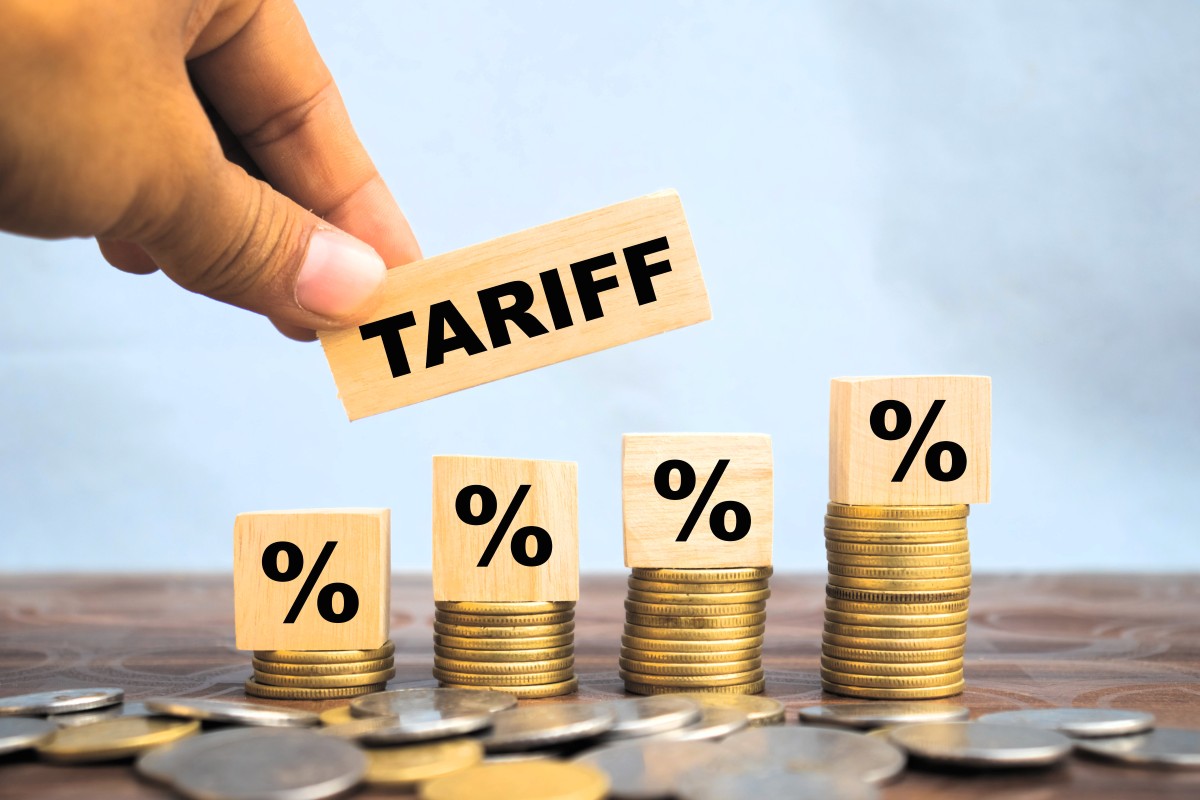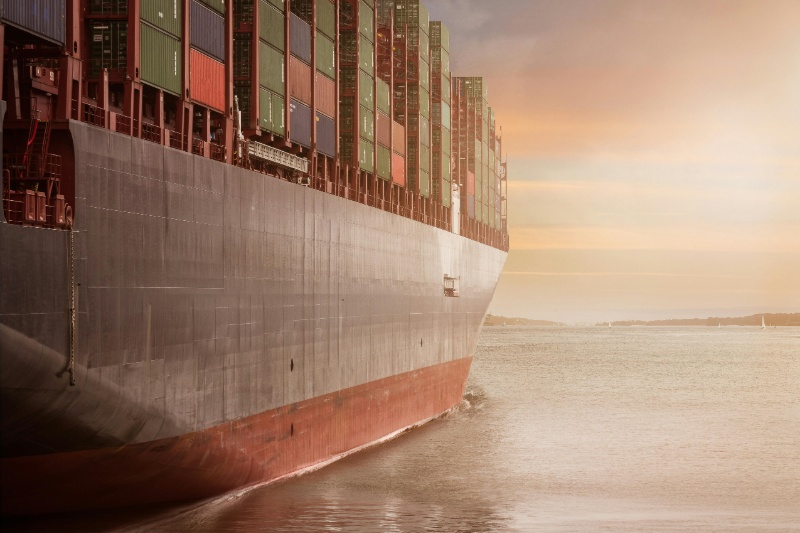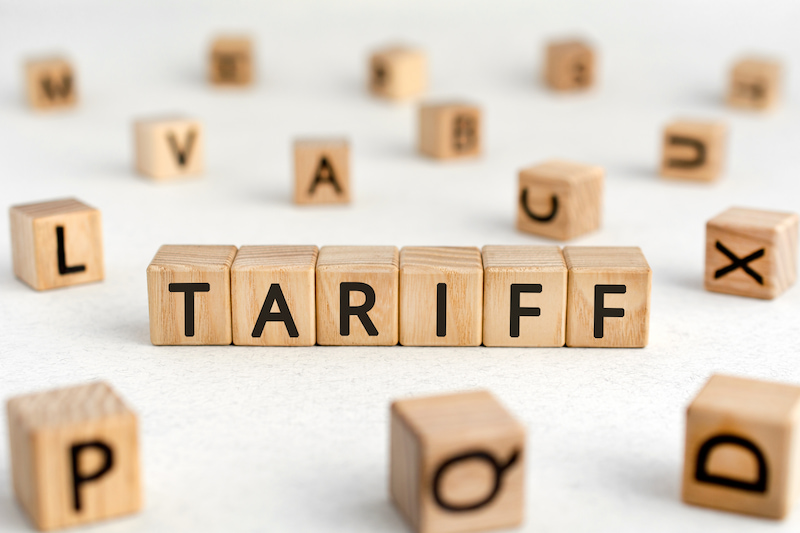While the substantial benefits of a high-speed train connection between Vietnam's north and south are evident, attention must be given to the land conservation aspect and the expansion of the connectivity network.
Two primary alternatives confront Vietnam as it advances towards a high-speed train network. The first approach involves the establishment of elevated rail routes linking numerous provinces and cities. Although this approach may appear more practical initially, it bears the risk of substantial land acquisition disputes, leading to delays and increased costs.
The other alternative entails developing a network of elevated rail and automobile routes atop the current highways or through the seas. If through the ocean, there must be enough access/exit points at key provinces and cities. While this approach necessitates higher initial investments, it offers the potential to mitigate wasteful land acquisition and reduce travel distances, thus yielding substantial long-term benefits. Recent technological advancements have made elevated rail systems feasible, including elevated rail lines atop existing highways, undersea tunnels, bridges, and floating rail tracks.
The construction of elevated rail systems either atop highways or through the seas could expedite the establishment of a high-speed train network connecting the northern and southern regions, all while being designed to withstand various weather conditions and ensure year-round operability. With meticulous planning and environmental impact assessments, Vietnam can realise the goal of a high-speed train network that is economically advantageous and ecologically responsible.
What’s important to note, implementing a high-speed train network calls for collaboration between government entities, private enterprises, and international partners. Regardless of the chosen path, Vietnam possesses the technological and logistical capabilities to bring this vision to life. Drawing inspiration from the triumphs of other nations and capitalising on its unique geographical advantages, Vietnam can propel itself into a new era of economic growth, connectivity, and sustainability.
Story: Dr Majo George, Senior Lecturer of Logistics and Supply Chain Management, The Business School, RMIT University Vietnam






